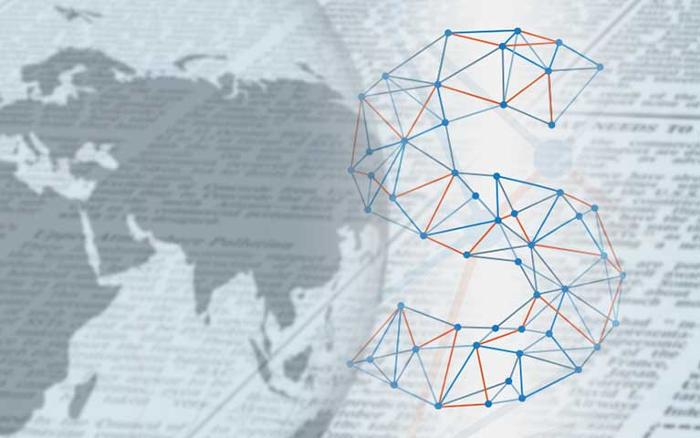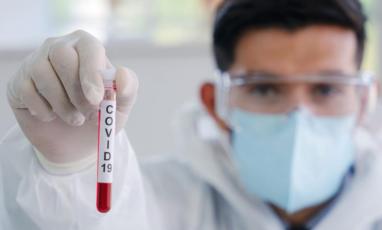

Anti-Covid measures that are here to stay
Some of the new prevention steps implemented by companies will disappear as soon as Covid-19 is history, but others will survive. Experts from AEPSAL, ASPA, ASEPAL and the Universidad Autónoma de Barcelona analyse which ones will remain over time.
The intense flu that went around in 2005 and 2009 led to hand towels disappearing from company bathrooms, as Ismael Sánchez-Herrera, President of AEPSAL, (Association of Occupational Prevention and Health Specialists), recalls. A decade later the coronavirus has made us impose new measures, but experts are now considering which ones will be transient and which will remain over time.
Sánchez-Herrera believes that “the health sector will have, for a few years, larger and better stocks of personal protective equipment”, whereas other organisations “will continue having hydrogel and screens for a long time, until they begin to deteriorate and are phased out, unless a new pandemic strikes”. HEPA filter equipment “is a large investment that will remain and could become a differentiating factor in service provision, therefore more companies might invest in it, especially those that congregate a lot of people, such as gyms, cinemas, etc.”.
According to this expert, “hygiene rules and regular use of face-masks during flu season, as usually happens every year, or even use in large crowds, will remain, especially for those generations who are going through it now”. On another level, “teleworking and webinars will remain” and companies “will increasingly promote more internal meetings and training, saving time and kilometres”. Lastly, there will be more awareness “of how easily viruses and other products can contaminate” and a lesson that “the invisible can also be lethal”.
Diagnosis and detection
The onslaught of Covid-19 has brought about a change in occupational hazard prevention, according to Miguel Romón, President of ASPA (Federation of Third-Party Prevention Services). Over the short and medium-term “preventive and shock measures aimed at diagnosis, detection and containment of contagion will be maintained in first instance, such as studying outbreaks and contingency plans against biological risks, especially in health or social-health sectors; the use of protection and containment equipment such as face-masks; and the need to keep work areas cleaner and disinfected, ventilated and to apply proper organisation measures”.
This expert also focuses on the higher importance of psychological-social risks and emerging risks related to telework and digitalisation, such as technostress, mental overload, social isolation, etc. “Their proper assessment and the establishment of planned preventive measures entail an adapted reorganisation of prevention plans and the assignment of structural, material and human resources for their development”.
On the other hand, Romón highlights certain intangible elements caused by the pandemic in the workplace, such as the importance of “occupational hazard prevention as a cross-sectional axis” and “healthier environments based on the need to maintain, respect and value proper risk assessments and their preventive measures; a higher feeling of social responsibility within organisations; the value of using PPEs and other containment equipment; and the importance of psychological-social factors in health crises such as this one”.
Telework
Montserrat Iglesias-Lucía, Director of the School of Prevention and Comprehensive Safety of the Universidad Autónoma de Barcelona (UAB), points out two elements that are especially here to stay. "First of all, a large number of our organisations have replaced in-person work with remote working. Telework should enable us to change the classical philosophy of the workday hours to goal-oriented workdays and human capital”. But she warns that this, in turn, makes us “measure the new risks entailed by this change, in order to continue offering prevention and comprehensive security”. Secondly, she says that the coronavirus “has reminded us that we must strengthen the cybersecurity measures and understand them as an additional strategic line that complements the current measures”.
For the time being, as pointed out by Luis Gil, General Secretary of ASEPAL (Association of Personal Protective Equipment Companies), the measures aimed at preventing the expansion of Covid-19 in companies “include endless possibilities that will vary widely depending on the type of company, organisational structure and activity it carries out”. And as for the use of Personal Protection Equipment, its use will continue to depend on the presence of the infectious agent in the workplace, because “when other preventive measures applied do not manage to reduce the risk to acceptable levels, the use of PPE must always be the preventive resource to turn to in order to protect workers’ health”.





